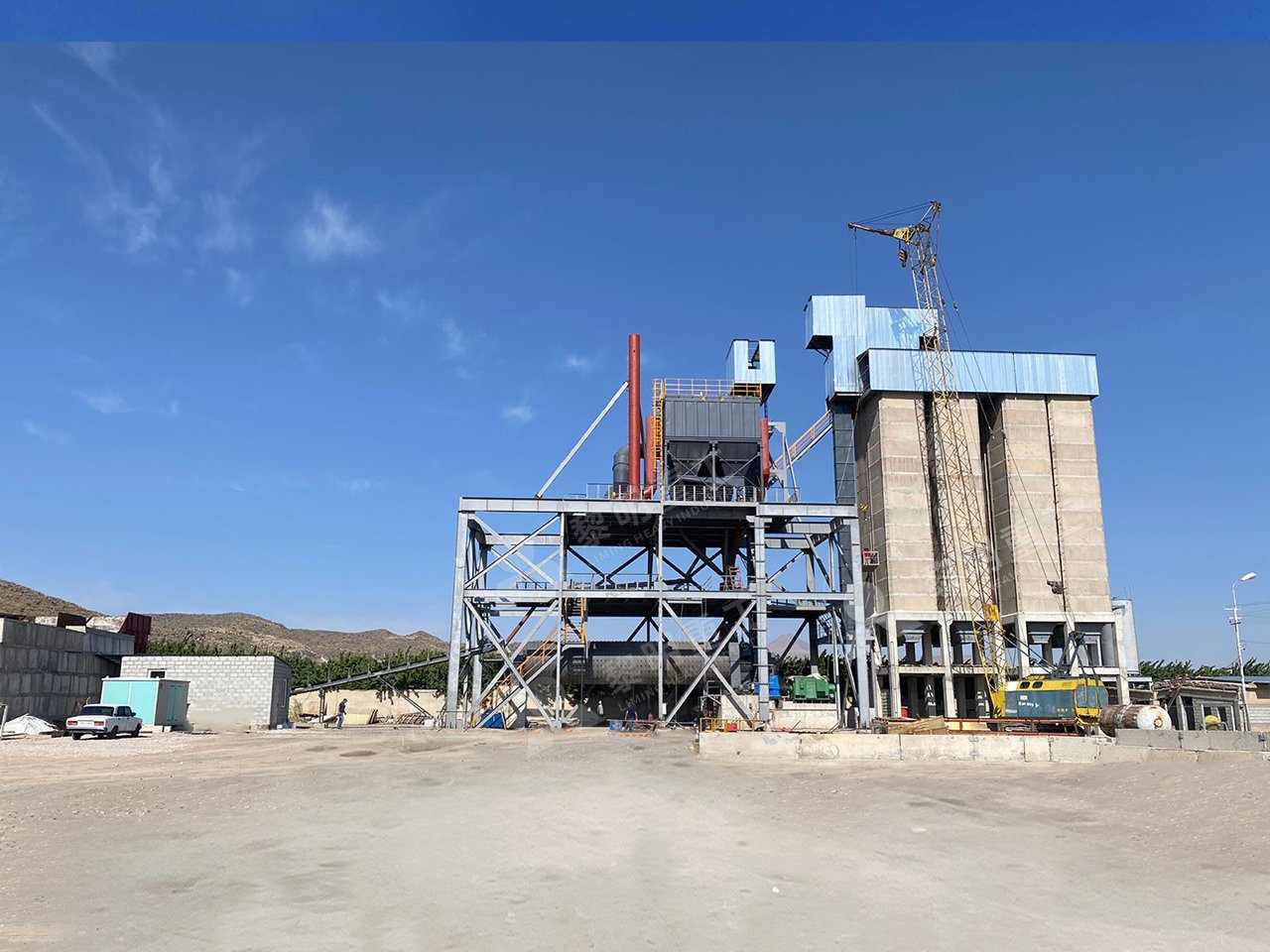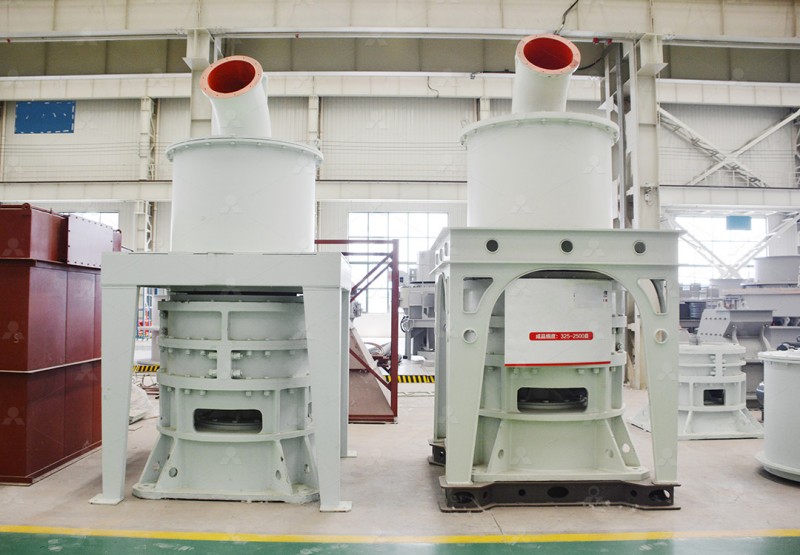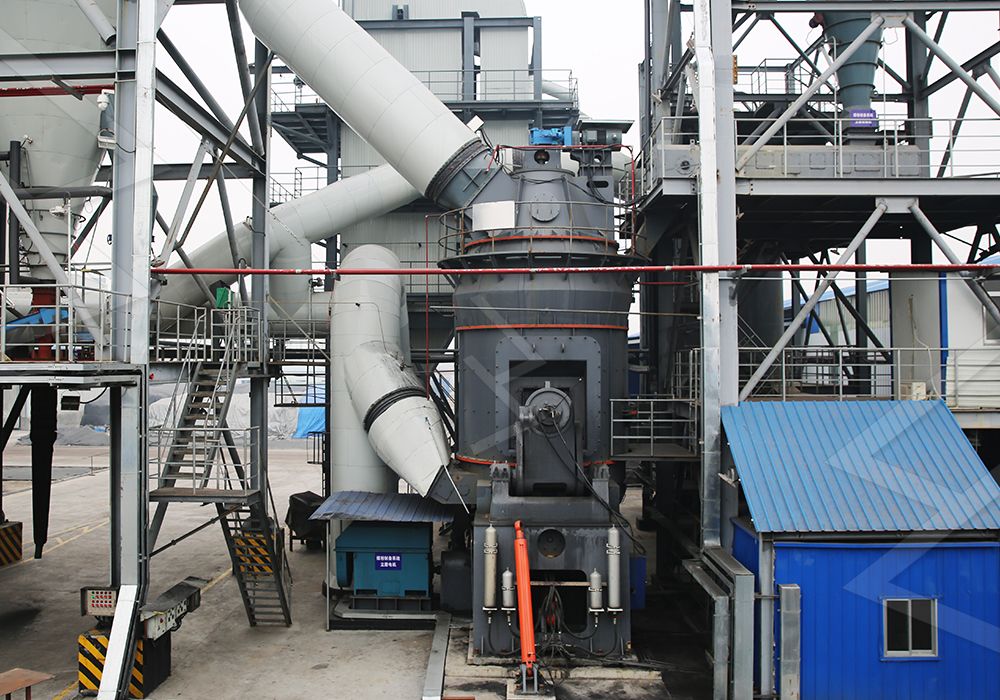Ball Mill Application in Bhusawal Thermal Power Station for Efficient Coal Grinding
We provide a wide range of mills — including Raymond mill, trapezoidal mill, vertical mill, ultrafine mill, and ball mill, obtained ISO9001 international quality certification, EU CE certification, and Customs Union CU-TR certification. Suitable for processing minerals such as limestone, phosphate, quicklime, kaolin, talc, barite, bentonite, calcium carbonate, dolomite, coal, gypsum, clay, carbon black, slag, cement raw materials, cement clinker, and more.
The discharge range of these mills can be adjusted to meet specific processing needs, typically from 80-400 mesh, 600-3250 mesh, and can achieve the finest particle size of up to 6000 mesh(D50).
If you are looking for a reliable grinding solution to turn stone or minerals into fine powder, please feel free to contact our online customer service.
Ball Mill Application in Bhusawal Thermal Power Station for Efficient Coal Grinding
In the heart of India’s power generation infrastructre, the Bhusawal Thermal Power Station stands as a critical facility, relying heavily on efficient coal pulverization for optimal operation. The process of converting raw coal into fine powder is paramount for effective combustion in the boiler units, directly influencing the station’s overall efficiency, emissions, and operational costs. For decades, the industry standard for this task has been the robust and reliable ball mill.

Ball mills operate on a simple principle: a rotating cylinder filled with steel balls crushes the incoming coal through impact and attrition. The ground coal is then dried and transported by a stream of hot air to the burners. At Bhusawal, these workhorses have proven their mettle, handling the varying grades of Indian coal which often present challenges with grindability and moisture content. Their sturdy construction allows them to process abrasive materials with relatively lower maintenance intervention compared to some other technologies.
The Need for Advanced Grinding Solutions
However, the energy landscape is evolving. With increasing pressure to reduce carbon footprints and improve thermal efficiency, power stations are constantly seeking ways to optimize their processes. Traditional ball mills, while reliable, are known for their higher specific energy consumption. A significant portion of the input energy is consumed by the mill’s rotation and is lost as heat and sound, rather than being directly applied to the grinding action.
This is where modern grinding technologies offer a compelling advantage. For instance, our MW Ultrafine Grinding Mill presents a revolutionary approach. Designed for customers who need to make ultra-fine powder, this machine adresses several limitations of conventional systems. With an input size of 0-20 mm and a capacity range of 0.5-25 tph, it is well-suited for auxiliary coal grinding applications or for producing finer powders for specialized combustion systems.

Key Advantages for Thermal Power Applications
The MW Mill’s design philosophy aligns perfectly with the modern power plant’s goals. It boasts Higher Yielding with Lower Energy Consumption – achieving 40% higher capacity than jet mills and double the yield of ball mills with the same power input. Its system energy consumption is a mere 30% of a jet mill’s. For a facility like Bhusawal, this translates directly into lower operating costs and a reduced environmental impact.
Furthermore, its operational benefits are significant. The absence of rolling bearings and screws in the grinding chamber eliminates common failure points and concerns about loose components causing machine damage. The external lubrication system allows for maintenance without shutdowns, supporting continuous 24/7 operation critical for power generation. Coupled with an efficient pulse dust collector and muffler, the MW Mill ensures the grinding process is cleaner and quieter, contributing to a better working environment and adherence to strict emission norms.
Complementary Technology: The Vertical Grinding Mill
For larger throughput requirements, our LM Vertical Coal Mill is another exceptional solution. Integrating crushing, drying, grinding, and conveying into a single unit, it offers unparalleled efficiency. Its compact design reduces the footprint by 50% compared to a ball mill system and saves 30%-40% in energy consumption. The material’s short dwell time within the mill minimizes over-grinding and ensures a consistent, high-quality product fineness that is ideal for combustion.

While the traditional ball mill at Bhusawal has served faithfully, the future points towards integrating more energy-efficient and environmentally friendly technologies like the MW Ultrafine Grinding Mill and LM Vertical Coal Mill. These advanced mills not only enhance grinding efficiency but also align with the global shift towards sustainable and cost-effective power generation, ensuring stations like Bhusawal remain competitive and compliant for years to come.
